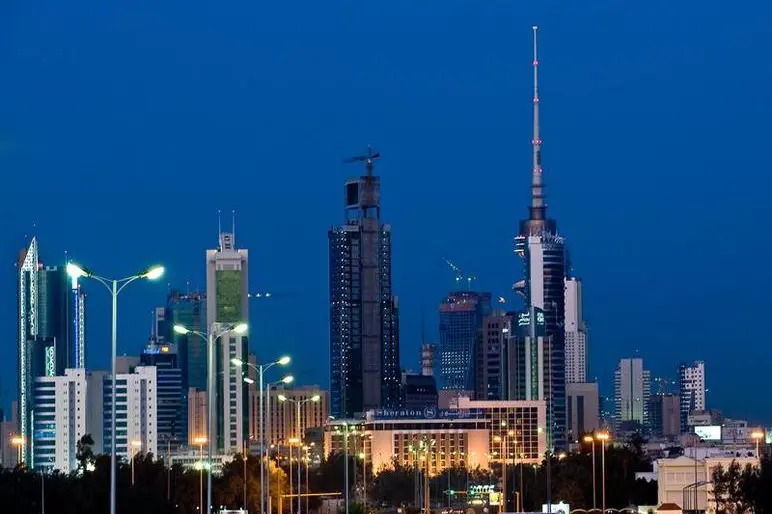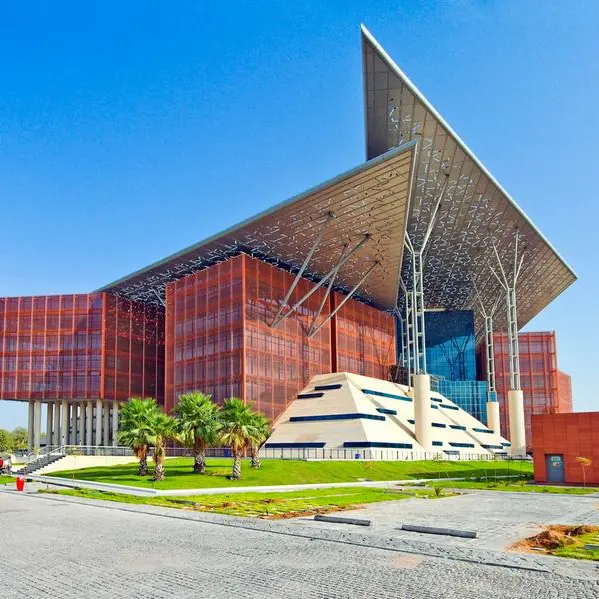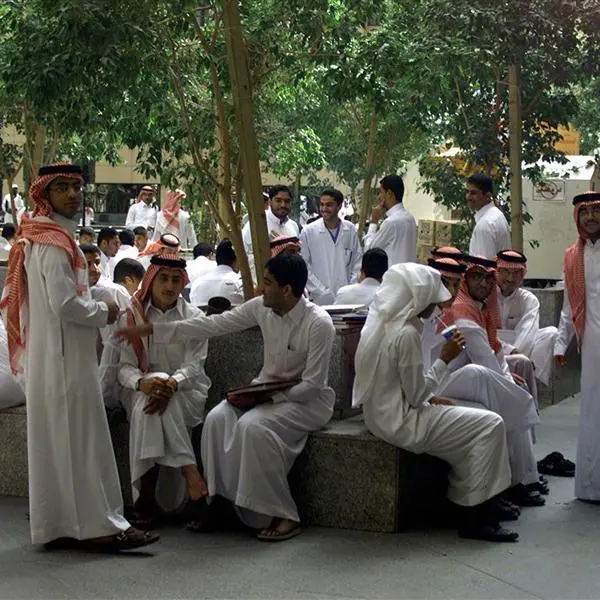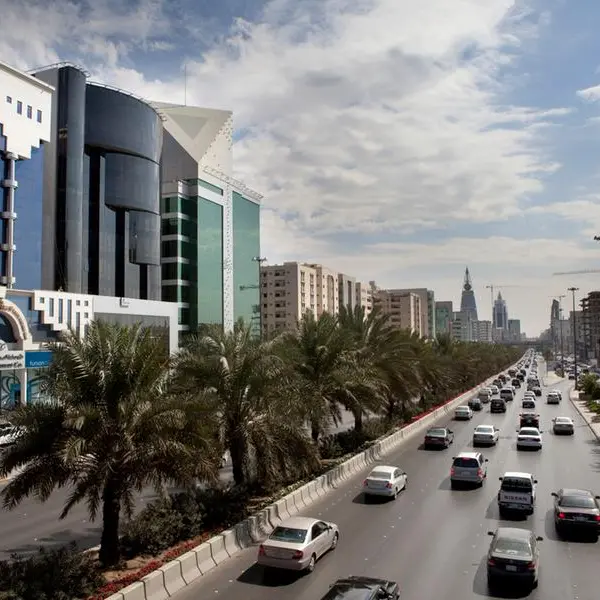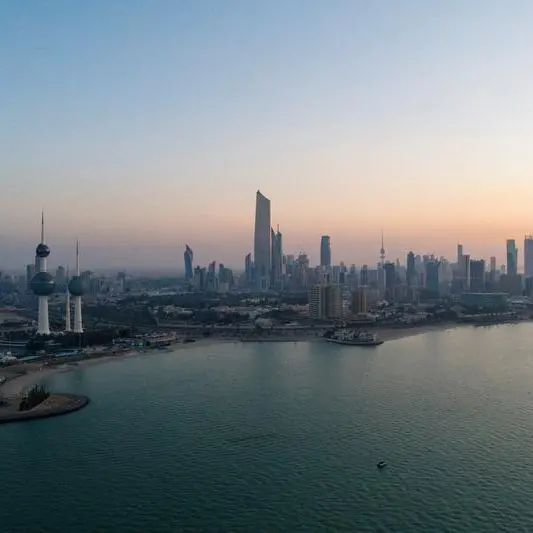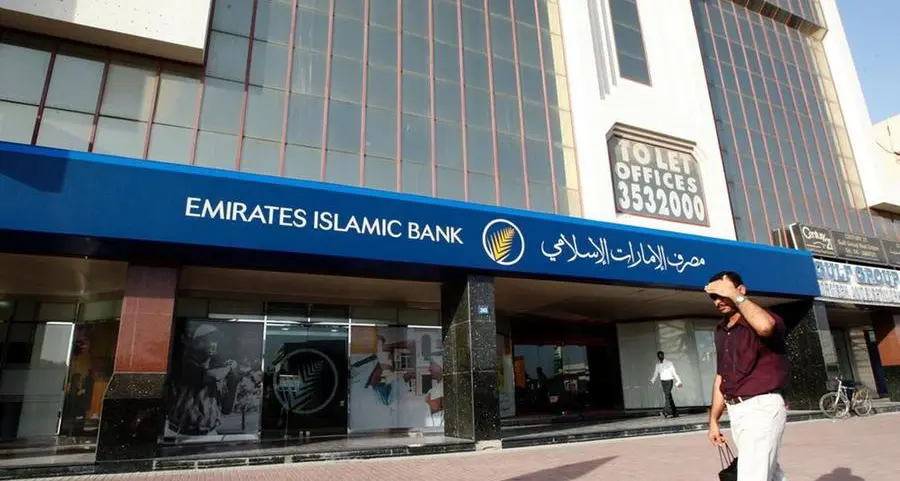PHOTO
'We need 15 years at least to reach a balance in the demographic structure'
Kuwait - Minister of Social Affairs and Labor and State Minister for Economic Affairs Hind Al-Subaih returned in the new Cabinet stronger and with a more decisive stand towards all issues she is responsible for. She was threatened with grillings and she welcomed them; she was faced with protests and sit-ins but continued her march, until her foes and supporters admitted her political ability and her ministerial skills. So her return to the government was recognition of her work.
Some people were waiting for her departure, but when her name appeared in the new formation, talk about confronting and attacking her resumed because of her decisions to restructure the ministry, opening the issue of social aid, amending the elderly law, retiring several senior officials over “failures” and finally dealing with the issue of disabled aid violations. Al-Rai daily held the following interview with the minister earlier in the week:
Economic strategy
Al-Rai: We know the nature of the social affairs and labor ministry, but everyone is asking about the economic affairs ministry and what is the purpose of it? And what does it include?
Hind Al-Subaih: The economic affairs ministry will prepare the state’s economic strategy, and one of its pillars is the secretariat general of planning that prepares the development plan and the government work program. The economic affairs ministry will be involved in more details away from the development plan, and its decisions will be crucial because the development plan is crucial. The new ministry will be concerned with many issues and it should be a reference for all decisions and have an opinion in legislations.
The ministry of economic affairs will oversee diversification of sources of income, privatization, spending, price control, attracting foreign investors and private and public sectors partnership in a way the does not make employment depend on the public sector. The aim of the economic affairs ministry is to set the cost of each decision or legislation law and its economic feasibility. The economic committee now includes the finance ministry, oil and energy ministry, economic affairs ministry and commerce ministry, and it is chaired by the finance minister because he is also the deputy premier.
Al-Rai: Does not this increase your burdens and responsibilities?
Subaih: It is an endorsement and trust. The repeated trust of His Highness the Prime Minister in itself is a burden and a motivation for more achievements, and I must now move from the achievement stage into the innovation one.
I also depend in my work on delegation of duties and follow-up, and not by centralization of powers. I met, after the government’s formation, with officials from the social affairs ministry, public authority for manpower, public authority for the disabled and the planning secretariat general. I asked for the work plan of each sector and delegated duties for all. I also told everyone to comply with the law and apply it to all, and that I will follow and evaluate work every month. At the end of the quarter of the first year, those who do not complete what is asked of them should resign without any excuses, as the work environment is provided with all requirements for achievement.
Expat workers
Al-Rai: In 2013, the social affairs ministry announced its intention to reduce expat workers by 100,000 annually. Did you succeed in this?
Subaih: This is not true. I think this matter was brought up before I became minister.
Al-Rai: What happened with the issue of correcting the demographic imbalance? Have you made any progress, or is it still under study? Are there any intentions to reduce the number of certain communities that have grown so much, with some reaching almost a million?
Subaih: No one can speak about the population structure without having studied the nature of the population structure and the needs of the marketplace and plans of the state and development projects, and is aware of data and statistics about the nature of the population structure and all lingering issues.
As for what is being put forth as opinions of MPs’ or state officials to resolve the demographic imbalance, I say whoever has an actual solution based on a study is welcome in my office to express his opinion and proposal, and we will implement it if possible. We are not against expat labor in general, rather our problem is with those without degrees and who are untrained and unqualified, in addition to human traffickers who harmed Kuwait domestically and distorted its image abroad. There are many projects that need one person only, but the employer brings in 10 persons, and there are many jobs that can rely on technology such as guarding, cleaning and others.
We need 15 years at least to reach a balance in the demographic structure, and achieve a population ratio in which expats’ population would not exceed 60 percent of the total population, or even drop to 40 percent. About progress in the demographic structure issue, we are waiting for several decisions by the Cabinet because the issue is related to the interior ministry and labor authority, and we will move the labor need estimation from all authorities and parties to the labor authority only. We will also increase fines on residency violators from KD 2 to KD 4 per day.
We are now working in more than one direction at the same time, as we are working on a quota for each nationality. We will also place new rules for family visas to limit any harm to the population structure and stop the residency of unskilled (marginal) labor.
Quota for each nationality
Al-Rai: What are the most notable steps to reduce the number of expats and adjust the demographic structure?
Subaih: This is not in our calculations – we will place a quota for reach nationality and we will reduce or stop unskilled labor. But we do not have any intention to target a certain nationality.
Al-Rai: How can you balance plans of adjusting population structure with development projects that need more expat labor?
Subaih: There is a balance of course, and development projects are in mind as well as their labor needs. We have placed strict rules for bringing in labor for those projects, besides getting rid of unskilled workers in Kuwait.
Rai: How successful were you in fighting visa traders?
Subaih: I was able to limit visa trade by 60 percent. I cannot say I eradicated it, but I limited it in cooperation with various state agencies.
Al-Rai: Expats are complaining that the government’s austerity measures and adjustment of the population structure that target them personally are a form of discrimination. What is your opinion?
Subaih: Expenses in Kuwait are still the least among Gulf countries.
Al-Rai: How do you view the status of the marketplace in Kuwait?
Subaih: The labor market needs organization in all facets, be it Kuwaiti or non-Kuwaiti, females and males, married and unmarried, qualified and non-qualified, and various nationalities. Firstly, national labor is minimal in the private sector, and needs to increase to adjust chapter one (salaries) of the budget, in addition to identifying professions that only expat workers work in, but in which Kuwaitis can work too. History stands witness to this. In the past, banks and communications companies used to rely on expats, and now rely on national labor with great success.
The issue needs change in the youth culture and direction. The population structure needs adjustment as far as the number of citizens and expats are concerned, and the nature of expat labor. Bringing in expat labor will be subject to tests in their countries before hiring them. The decision will be applicable in the coming days and the start will be with Egypt and India, as there are agreements with the two countries through non-profit international organizations to guarantee that no fees or commission will be imposed on workers.
National manpower
Al-Rai: Is it true that the Kuwaiti does not work?
Subaih: I cannot say this because I am a Kuwaiti to start with, and all those I know work. I do not accept such people in areas that are under my management, but I would like to tell you that “the human being is as you raise him”. The employee is under the shadow of his senior, like a child is in his family. If he is raised with the values of commitment and perseverance, he will grow up with those values. If the family accustoms him to a spoiled life, he will live and die spoiled.
I worked 30 years as an employee in various government departments, and after I became minister, I found many employees in my sectors do not work. But with direction and encouragement, they become very active. My opinion is that Kuwaiti workers are qualified and have enough intelligence, and all they lack are incentives and examples. With this I mean starting with the minister to the head of the department.
Al-Rai: Does the Kuwaiti woman work more than the Kuwaiti man?
Subaih: The Kuwaiti woman is more accurate and organized than men if she is qualified. This is a heavenly gift to all women.
Al-Rai: Qatar abolished the kafala (sponsorship) system. Will Kuwait go along that path?
Subaih: As for Qatar’s abolition of the kafala system, this is not true, as I personally contacted them and made sure of this. In Kuwait, we are working with the interior ministry to apply the scrapping of the sponsor system gradually, starting with some professions such as doctors and engineers and those at their level. We are also studying making the state a sponsor, like with the domestic help company.
Development plan
Al-Rai: Are you satisfied with the achievement percentage as far as the development plan is concerned?
Subaih: No, I am not satisfied, because we cannot jump higher than what we reached, and the reason is officials’ laxity. When I took over as minister, the National Assembly had six laws that only needed a decision and follow-up. I ordered the completion of the laws and they were completed on time. We plan very well, but all we lack is the will to execute. Kuwait needs rehabilitation of people so that we reach quality in planning, in addition to execution and follow-up.
Al-Rai: Why then is there much talk about the absence of actual development and that everything is only “ink on paper”?
Subaih: Achievements appear without the need to talk about them, and this is the decisive answer and deterrent to all those who are talking. Achievements are very clear, starting with the roads network, the hospitals that are being opened every day, housing development and new cities, and achievement is reflected in capital spending that has exceeded 70 percent.
I do not blame those who do not trust achievement, because precedents are not encouraging, as some citizens are looking at what happened with the Jaber Stadium which took more than 10 years to build. But I say with full confidence that wheels of work are moving, and we are still yet to achieve our desired goals.
Al-Rai: What are the total expenses of the development plan so far from its allocated amount?
Subaih: KD 1.172 billion was spent out of KD 2.974 billion by Dec 31, 2016, nearly 40 percent of the allocated budget.
Al-Rai: Did the drop in oil prices and austerity measures affect plans?
Subaih: Capital spending was not affected at all. The effects were on incentives and the second chapter (products and services).
© Kuwait Times 2017
